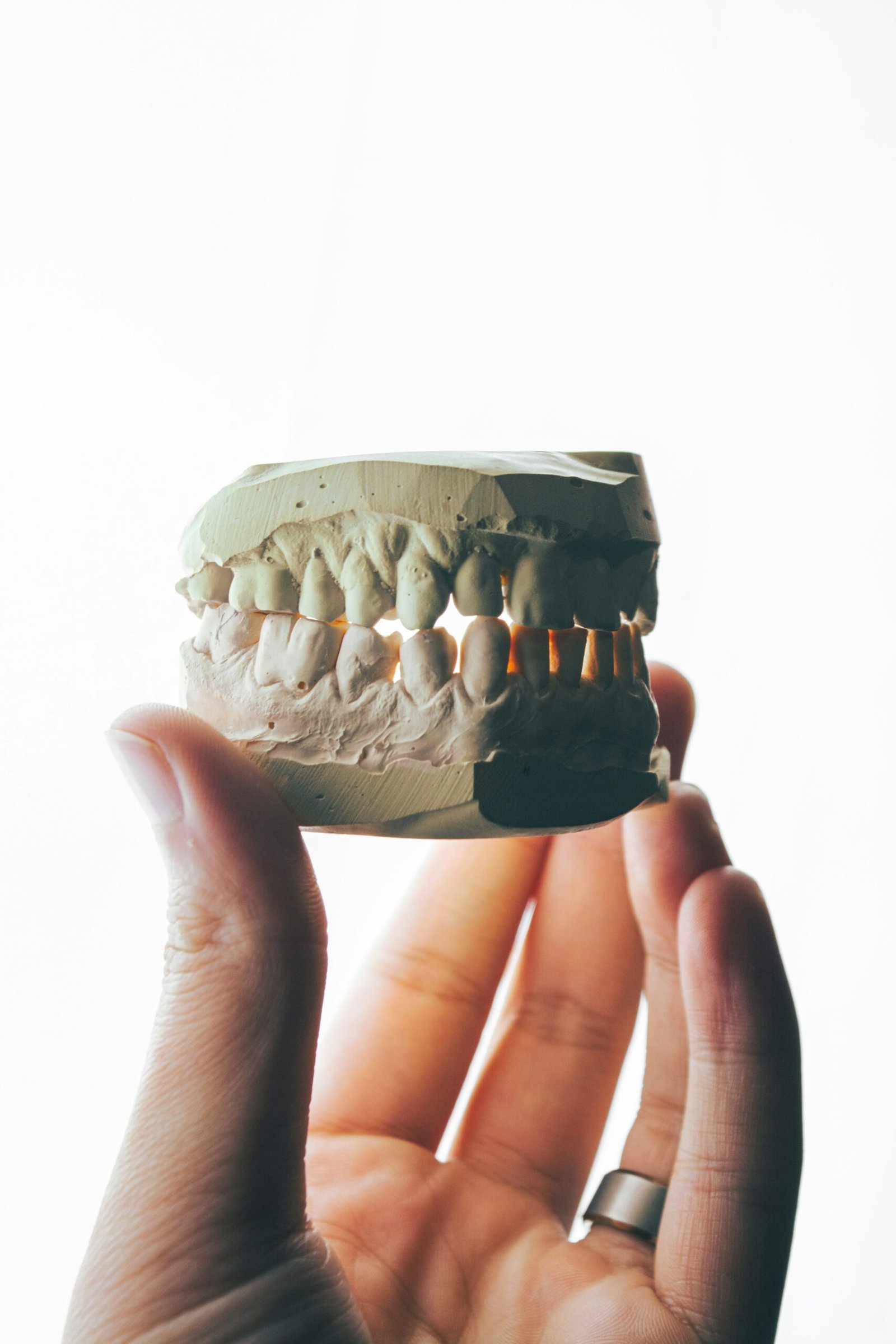Dentistry is a branch of medicine that plays a crucial role in maintaining oral health and overall well-being. It encompasses a wide range of practices and procedures aimed at diagnosing, preventing, and treating conditions related to the mouth, teeth, and surrounding tissues. This article will explore the key elements of dentistry and highlight its importance as a medical discipline.
Diagnosis
One of the fundamental aspects of dentistry is the diagnosis of oral health issues. Dentists use various tools and techniques to identify dental problems such as cavities, gum disease, oral cancer, and malocclusions. Through thorough examinations, including X-rays and visual inspections, dentists can accurately diagnose the condition and determine the most appropriate treatment plan.
Prevention
Preventive dentistry is a critical component of oral healthcare. Dentists emphasize the importance of regular check-ups and cleanings to prevent dental problems before they become more severe. They educate patients about proper oral hygiene practices, including brushing, flossing, and maintaining a healthy diet. Additionally, dentists may recommend dental sealants, fluoride treatments, and other preventive measures to protect teeth and gums from decay and disease.
Treatment
Dentistry offers a wide range of treatment options to address various dental conditions. From simple procedures like fillings and extractions to more complex treatments like root canals, dental implants, and orthodontics, dentists are equipped to handle a diverse range of oral health issues. They work closely with patients to develop personalized treatment plans that meet their unique needs and goals.
Oral Health Maintenance
Oral health maintenance is an essential aspect of dentistry. Dentists provide guidance on maintaining good oral hygiene practices to prevent the recurrence of dental problems. Regular dental visits are crucial for professional cleanings, which remove plaque and tartar buildup that cannot be effectively addressed with at-home care alone. Dentists also monitor patients’ oral health over time, ensuring that any potential issues are identified and addressed promptly.
Aesthetic Dentistry
While oral health is the primary focus of dentistry, aesthetic concerns are also addressed. Aesthetic dentistry aims to enhance the appearance of the teeth and smile. Dentists offer treatments such as teeth whitening, veneers, and cosmetic bonding to improve the aesthetics of the teeth and boost patients’ self-confidence. By combining both functional and aesthetic aspects, dentistry helps individuals achieve a healthy and beautiful smile.
Importance of Dentistry
Dentistry plays a vital role in overall health and well-being. Oral health issues can have a significant impact on an individual’s quality of life, affecting their ability to eat, speak, and socialize comfortably. Furthermore, poor oral health has been linked to various systemic conditions, including cardiovascular disease, diabetes, and respiratory infections. By addressing oral health problems, dentistry contributes to the prevention and management of these broader health issues.
Moreover, dentistry promotes early detection and treatment of oral cancers and other serious conditions, potentially saving lives. Regular dental check-ups allow dentists to screen for signs of oral cancer and other abnormalities, increasing the chances of early intervention and successful treatment.
In conclusion, dentistry is a vital branch of medicine that focuses on the diagnosis, prevention, and treatment of conditions related to the mouth, teeth, and surrounding tissues. It encompasses various practices aimed at maintaining oral health, improving oral function, and enhancing the aesthetic appearance of the teeth. By emphasizing the importance of regular check-ups, preventive measures, and personalized treatment plans, dentistry plays a crucial role in overall health and well-being.
